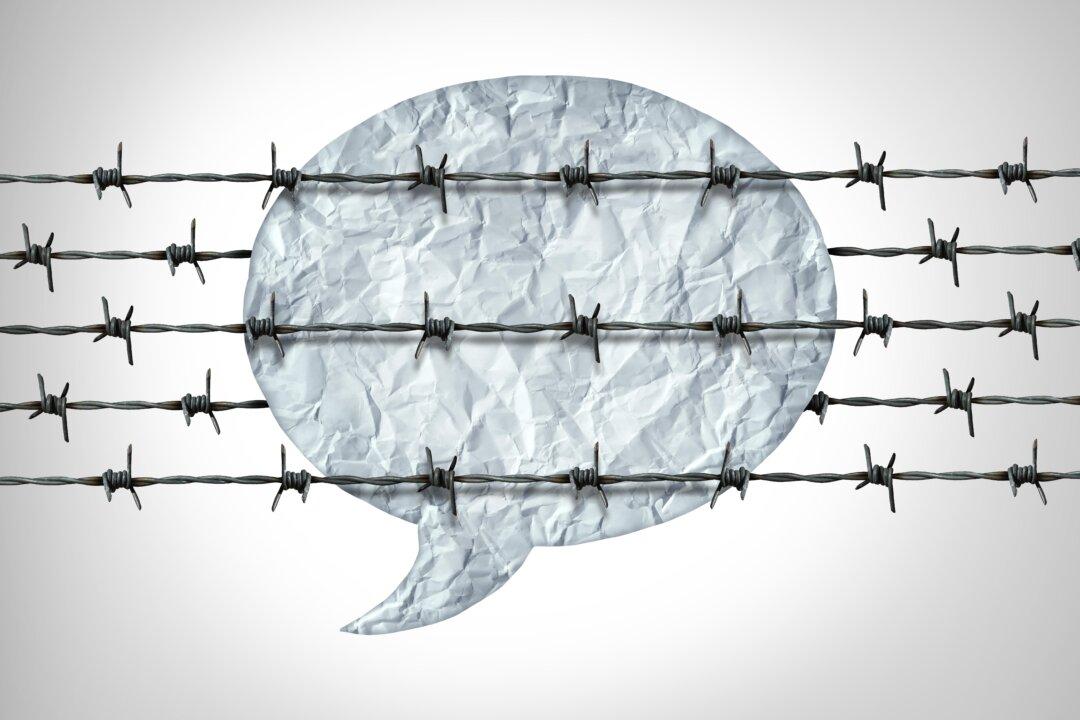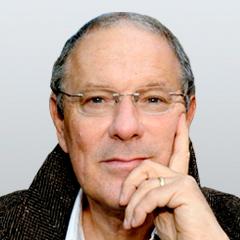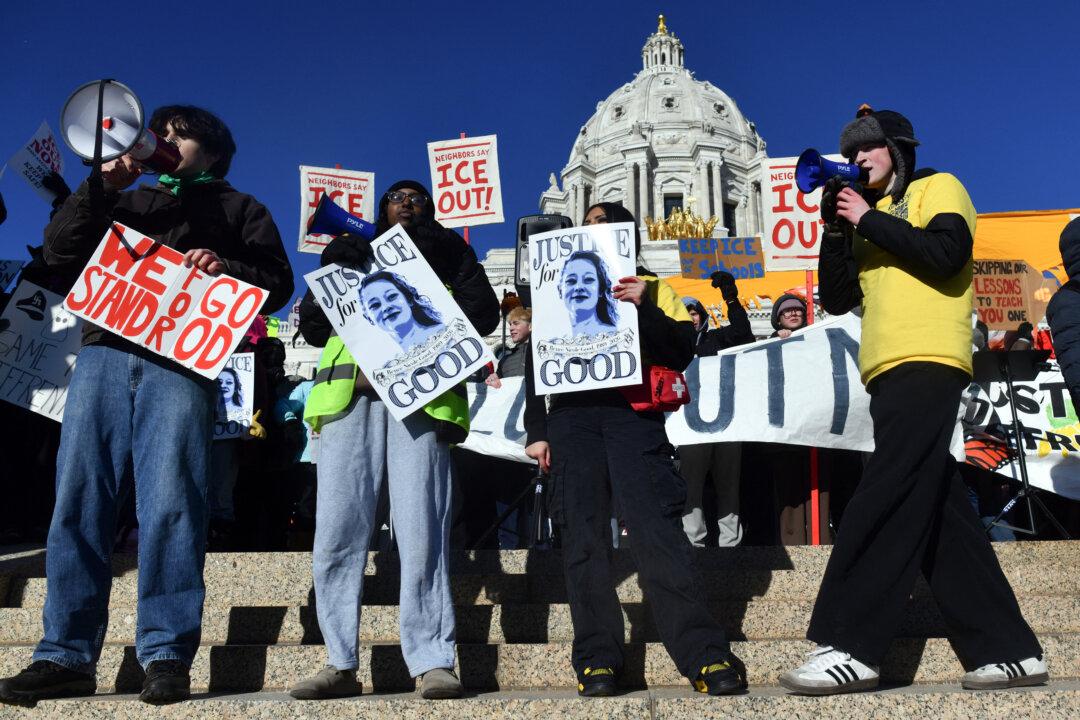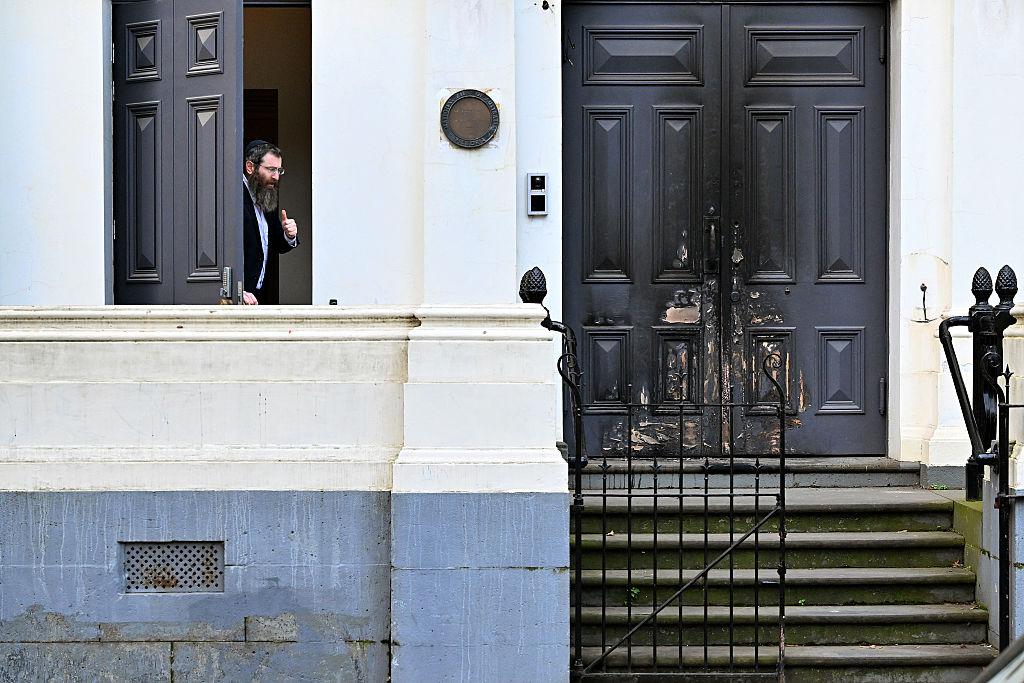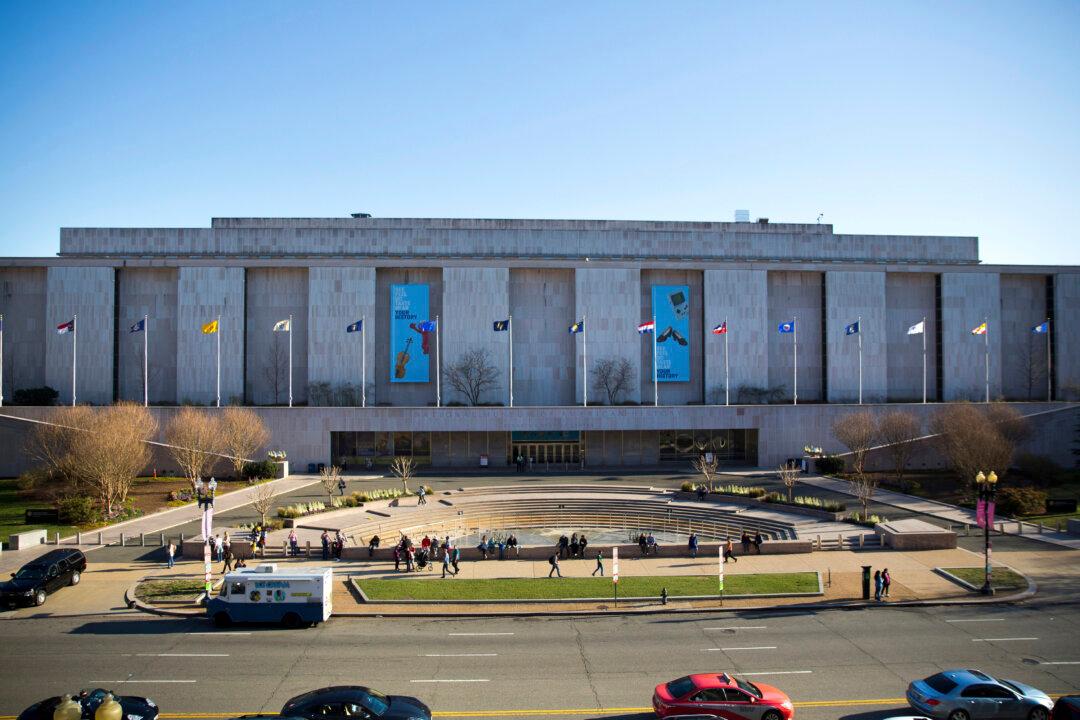Commentary
“More than ever, society needs all clinicians to step up and speak up. Furthermore, professional organizations and state medical boards must make more robust use of their powers to take appropriate disciplinary action against clinicians who violate professional standards by spreading health misinformation,” wrote Allison M. Whelan in an article published by the AMA Journal of Ethics on March 1, 2023.
